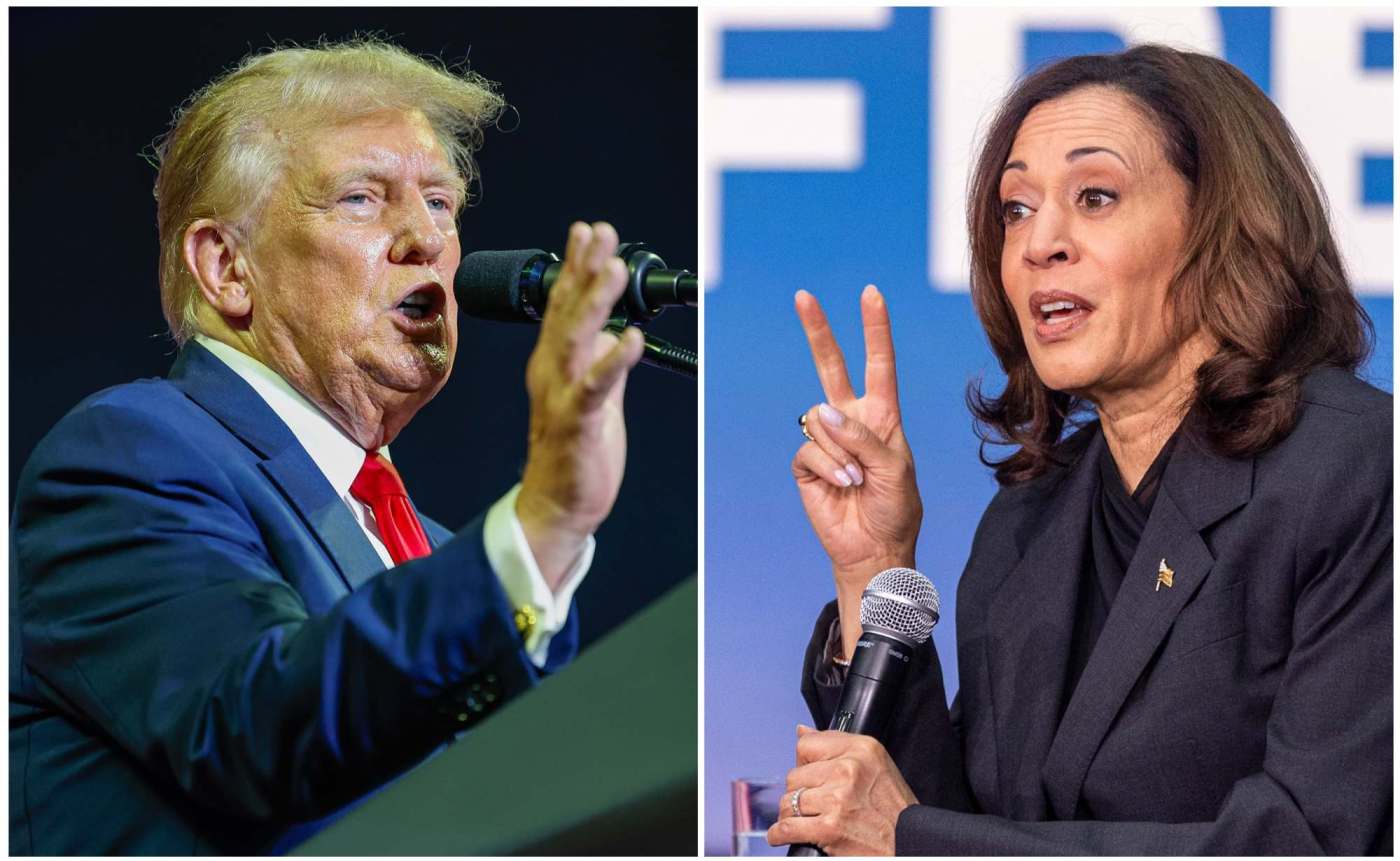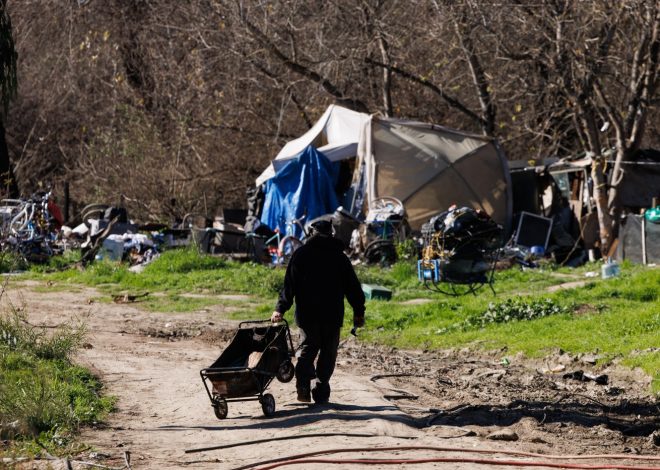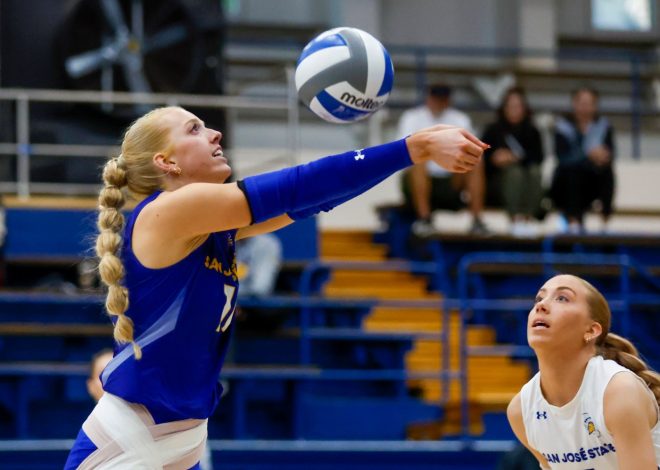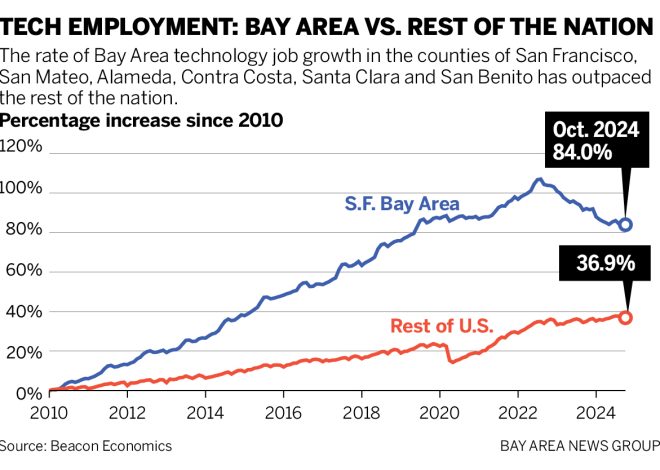
Trump v. Harris? Replay of 2000 election clash is a Supreme Court long shot
Greg Stohr | (TNS) Bloomberg News
The sheer closeness of the U.S. presidential race makes an election-determining Supreme Court showdown a possibility. It just isn’t likely.
A generation after the high court resolved the 2000 election deadlock, the dynamic of the battle between Donald Trump and Kamala Harris is fueling visions of a sequel. That potentially would give the ex-president an edge at a court with a conservative supermajority that includes three members he appointed.
But legal realities – and math – say the odds are against it. Even as judges around the country grapple with more than 190 election-related lawsuits filed since 2023, the high court itself has narrowed some of the pathways that might put any of those disputes before the justices.
And while the 2000 case that allowed George W. Bush to win the presidency over Al Gore shows how post-election litigation can reach the high court, the justices’ intervention mattered only because the outcome hinged on fewer than 1,000 votes in a single state. In contrast, the court showed no interest in getting involved in 2020, when Trump needed to flip Joe Biden’s victory in at least three states.
An election-deciding showdown would intensify the spotlight on a court already deeply enmeshed in the nation’s political fray. The court bolstered Trump’s campaign in July when it at least temporarily derailed a criminal prosecution over his efforts to overturn his 2020 loss by partially backing his claims of presidential immunity.
The chances of another Bush v. Gore are “pretty small,” said Joshua Douglas, an election-law professor at the University of Kentucky. “The court is not going to want to get involved unless it absolutely has to.”
Smaller universe
The Supreme Court in recent years has moved to shrink the universe of subjects that might land there with an election on the line. The court last year rejected a sweeping Republican-backed argument that would have given the justices broad power to reverse state courts when they interpret their own election laws.
The justices have also limited the authority of federal judges – including the Supreme Court itself – to force a state to change its voting rules in the run-up to an election.
“There’s just an increasingly vanishing domain of cases the court wants to hear in these election law contexts,” said Derek Muller, a University of Notre Dame election-law professor.
State courts are also taking some issues off the table. Though dominated by Republican appointees, the Georgia Supreme Court last week rejected a GOP bid to revive a new rule requiring the hand-counting of ballots. The rule, issued by a Republican-controlled state election board, also would have forced county officials to conduct a “reasonable inquiry” before certifying election results.
“I was very worried about Georgia until the recent intervention by the Georgia courts,” said Bertrall Ross, an election-law professor at University of Virginia School of Law. The issue “could have put enormous pressure on the system due to the delays that that rule would have caused.”
Brewing issues
To be sure, the list of simmering legal issues is long. Republicans are expected to ask the justices to block a Pennsylvania court decision allowing voters to cast a provisional ballot if their mail-in ballots are rejected for missing an inner secrecy envelope.
Another fight in Pennsylvania is testing whether mail-in ballots will count even if the voter didn’t put the required date on the envelope. Other cases involve voter-identification requirements, the use of drop boxes, the deadlines for ballots and efforts to remove names from registration databases.
And the Electoral Count Reform Act – the 2022 law that will govern the congressional process for finalizing the election – might generate novel legal questions, even as it clarifies other issues. The measure sets a firm deadline for states to submit their certified results to Congress, makes clear that the vice president has only a ceremonial role in the process and raises the threshold for lawmakers to object.
The Supreme Court may have reasons of its own for caution. Public confidence in the institution has taken a hit in recent years amid a successful Republican push to install three new conservative justices, a series of far-reaching decisions and a spate of ethics controversies.
A new Pew Research Center poll released Thursday showed that only 20% of voters are highly confident the Supreme Court would be politically neutral in any election case.
“Everybody seems to think that the court makes decisions based on partisan considerations, rather than considerations of facts and the law,” said Wendy Weiser, vice president for democracy at New York University’s Brennan Center for Justice. “There’s a reason that people are worried about this, but the election system doesn’t throw up as many opportunities for Supreme Court meddling as people think.”
Waiting cases
Even so, litigants are already positioning themselves to seek quick Supreme Court help should they need it. Lawsuits over Pennsylvania’s ballot rules and Georgia’s certification requirements have already made their way through the lower courts, putting the Supreme Court just a step away.
“All of these lawsuits, in part, are to provide vehicles for a potential challenge to the U.S. Supreme Court,” Douglas said.
Related Articles
Nebraska uses a unique method to find election workers: It drafts them
Election threats persist four years after far-right extremists stormed the US Capitol
Ballot drop box fires highlight concerns that election conspiracy theories are making them a target
Strava gives away locations of Biden, Trump and Harris, newspaper says
House District 14 candidates Swalwell, Kruttiventi walk a fine line on immigration issues
An ultra-close election would almost certainly mean more litigation. Most states have laws allowing the loser of an especially tight race to challenge the result, as happened in 2000 when then-Vice President Gore contested then-Texas Governor Bush’s 537-vote victory in Florida.
That challenge led the Florida Supreme Court to order a recount of some 65,000 ballots in a decision issued only four days before the Dec. 12 deadline to ensure Congress would recognize the state’s results.
The Supreme Court halted the recount the next day and, three days after that, sealed Bush’s victory by saying the Florida court was unconstitutionally creating varying standards for assessing ballots in different parts of the state.
It would probably take a similar set of circumstances for the Supreme Court again to inject itself as the tiebreaker, Muller said.
“You need one state being a tipping point and a very narrow margin of victory,” he said. “And then you need some kind of hook that gets the Supreme Court’s attention.”
___
©2024 Bloomberg L.P. Visit bloomberg.com. Distributed by Tribune Content Agency, LLC.


